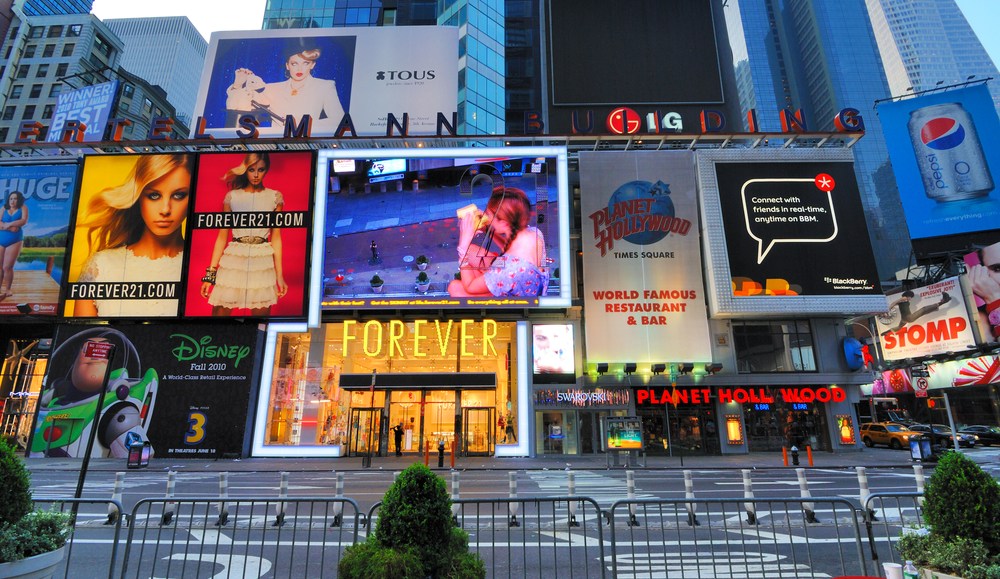
Whether its ripe for ridicule or a developing promising new format, digital media always presents something interesting. Here are Digiay’s top five stories this week:
1. Pitchfork Opts Out of the Pageview Rat Race
Using an engaging editorial format to display a long-form feature on the new Daft Punk album release, Pitchfork forgoes the pageview race to the bottom. Their goal is to be the best music magazine, not the biggest.
2. The Price of Original Content
Content aggregation can get messy. Digiday’s editor-in-chief Brian Morrissey wrote about the cost of appropriating content and undermining other’s hard work and professional relationships.
3. 20 Signs You’ve Been in PR Too Long
If truthiness over truth is good enough for you, there’s a chance you’re an expert in PR.
4. Brands That Do Content Right
Want to know who’s doing a good job of creating useful content? These brands have it figured out when it comes to marketing relevant information.
5. Programmatic Comes to Out-of-Home Ads
It won’t be long before out-of-home ads are bought and targeted towards certain demographics. Third-party data will fuel screen ads in shopping malls, bars, and taxi cabs.
Be sure to keep up with all of our posts this week on our Twitter feed.
More in Media

Digiday+ Research: Dow Jones, Business Insider and other publishers on AI-driven search
This report explores how publishers are navigating search as AI reshapes how people access information and how publishers monetize content.

In Graphic Detail: AI licensing deals, protection measures aren’t slowing web scraping
AI bots are increasingly mining publisher content, with new data showing publishers are losing the traffic battle even as demand grows.

In Graphic Detail: The scale of the challenge facing publishers, politicians eager to damage Google’s adland dominance
Last year was a blowout ad revenue year for Google, despite challenges from several quarters.





